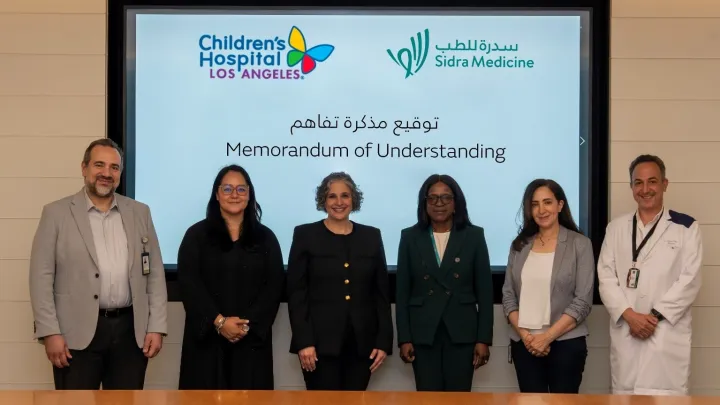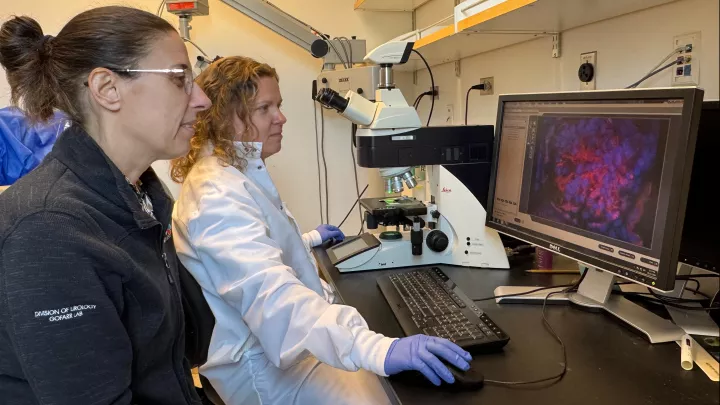Best Starts to Life
Purpose:
To identify and address the earliest risk factors, mitigate the impact of health and community disparities, and create and implement science-based interventions—from fetal through early childhood development—to improve the lives of all children.
Why is early intervention and care—providing the “best starts to life”—so important?
Children who are born prematurely, who come into the world in poor health, or who are otherwise at risk for poor outcomes can face challenges over the course of their entire lives. Children’s Hospital Los Angeles is positioned to discover the causes and define the mechanisms responsible for these conditions while developing new preventive and therapeutic interventions. By focusing on the most critical early-life problems, our investigators are positioned to deliver the greatest possible life-long impact.
Research Theme Leaders:
Douglas Vanderbilt, MD, MS, MBA
How we are implementing “best starts to life”
The Saban Research Institute of Children’s Hospital Los Angeles is focused on unlocking the promise of discovery and innovation by:
- Developing non-invasive technologies to detect key indicators and biomarkers for disease and disorder progression and prognosis, as well as treatment outcomes
- Defining causes and developing prevention strategies based on a holistic approach that incorporate the influences of genetics, psychosocial, socioeconomic, and environmental factors
- Integration of clinical practice in multiple high-risk infant populations with developmental and behavioral outcomes research
- Determining the factors that promote resilience and plasticity (positive adaptation)
These activities are supported through monthly meetings, twice-yearly summits, and research grants.
Our timeline
Over time, our investigators will advance pediatric medicine and create healthier futures for children by:
5 to 10 years:
- Enhancing the ability to identify health risks and resilience factors during the prenatal and infancy stages
- Creating innovative strategies for the identification, prevention and treatment of fetal and early childhood conditions
- Improving our understanding of how pediatric diseases and disorders disrupt physical, cognitive, social, and emotional development
- Discovering the underlining disease or disorder causes and factors that affect treatment outcomes
10 years and beyond:
- Enhancing the quality of life for children with congenital or acquired conditions
- Improving outcomes for babies who require admittance to the neonatal intensive care unit
- Innovating tools, interventions, and technologies that promote healthy development of all children


